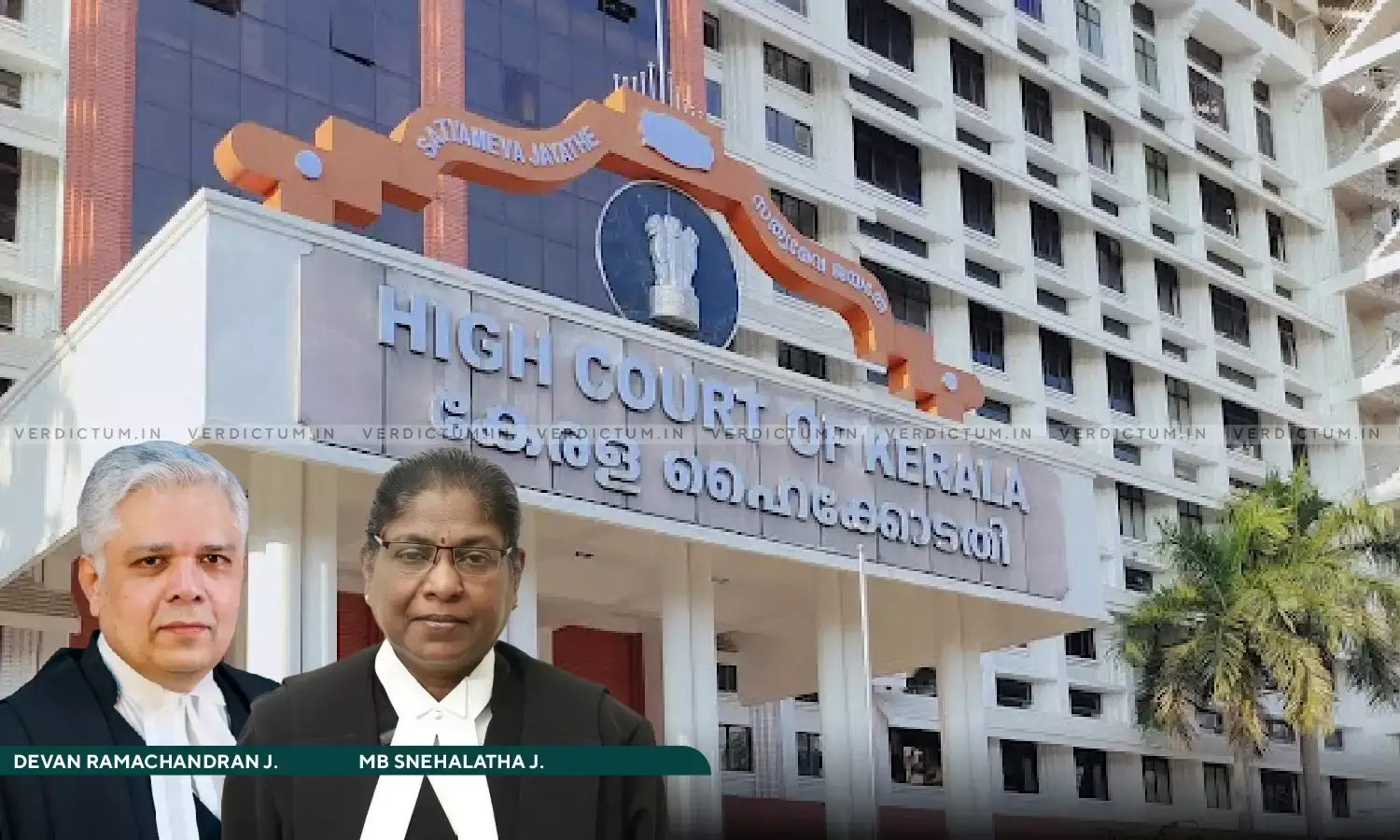“It's A Relic From Medieval Era; Ethically & Technically Inaccurate”: Kerala HC On Usage Of Term ‘Deaf and Dumb’
The Kerala High Court observed that the usage of the words ‘deaf and dumb’ is ethically and technically inaccurate and is internationally recognised as offensive.
The Court said that the most accepted terms now are ‘deaf’ and ‘hard of hearing’.
The bench of Justice Devan Ramachandran and Justice MB Snehalatha observed, “Original Petition describes the respondent to be “Deaf and Dumb”. We find it necessary and requisite to impress that the afore description is a relic from the medieval era…ethically and technically inaccurate; and now recognised internationally to be offensive…”
Advocate Ummul Fida appeared for the Appellant and Advocate Joseph George appeared for the Respondent.
Brief Facts-
In the present case, the respondent, who has hearing difficulties and limited verbal communication, filed a Petition in the Family Court seeking the return of gold ornaments and a financial claim against the Petitioners. She filed the Petition through a Next Friend, a close relative, due to her condition. The Petitioners challenged it and argued that the Petition was not maintainable without the Court's permission and proper inquiry under Order XXXII, Rule 15 of the CPC. The Family Court dismissed the Petitioners' application, hence, the present Appeal.
The Court observed, “nowhere in the provisions of Order XXXII, Rule 15 of the CPC does it make it incumbent upon a person hard of hearing or incapable of verbal communication, of seeking the leave of the Court to maintain an Original Petition through a Next Friend, as a condition preceded.”
“On the contrary, Rule 15 of Order XXXII, renders it limpid that its provisions would apply to every person who is found by the Court to be incapable of protecting their interest, either before or during the pendency of the Suit.”, the Court added.
The Court noted that when a person hard of hearing and, therefore, incapable of verbal communication, seeks the appointment of a Next Friend, it can be argued that this has to be acceded to automatically and any enquiry under Order XXXII Rule 15 of the CPC is only an empty formality and hence that it is not so required.
However, the Court noted that the statutory enquiry is always necessary because it vests competence with the Court to decide the requirements to the litigant and to ensure that he/she gets a level playing field, by being given the requisite and nonexpendable facilitation to conduct the case.
Accordingly, the Court allowed the Original Petition and set aside the impugned order.
Cause Title: Vinesh v. Raji Radhakrishnan (Neutral Citation: 2024:KER:66729)
Appeaance:
Appellant: Advocates Ummul Fida, C. Ijlal, P. Parvathy and Jai Govind MJ
Respondent: Advocates Joseph George, PA Rejimon, Nikita Nair CS and Sajeev John T.



